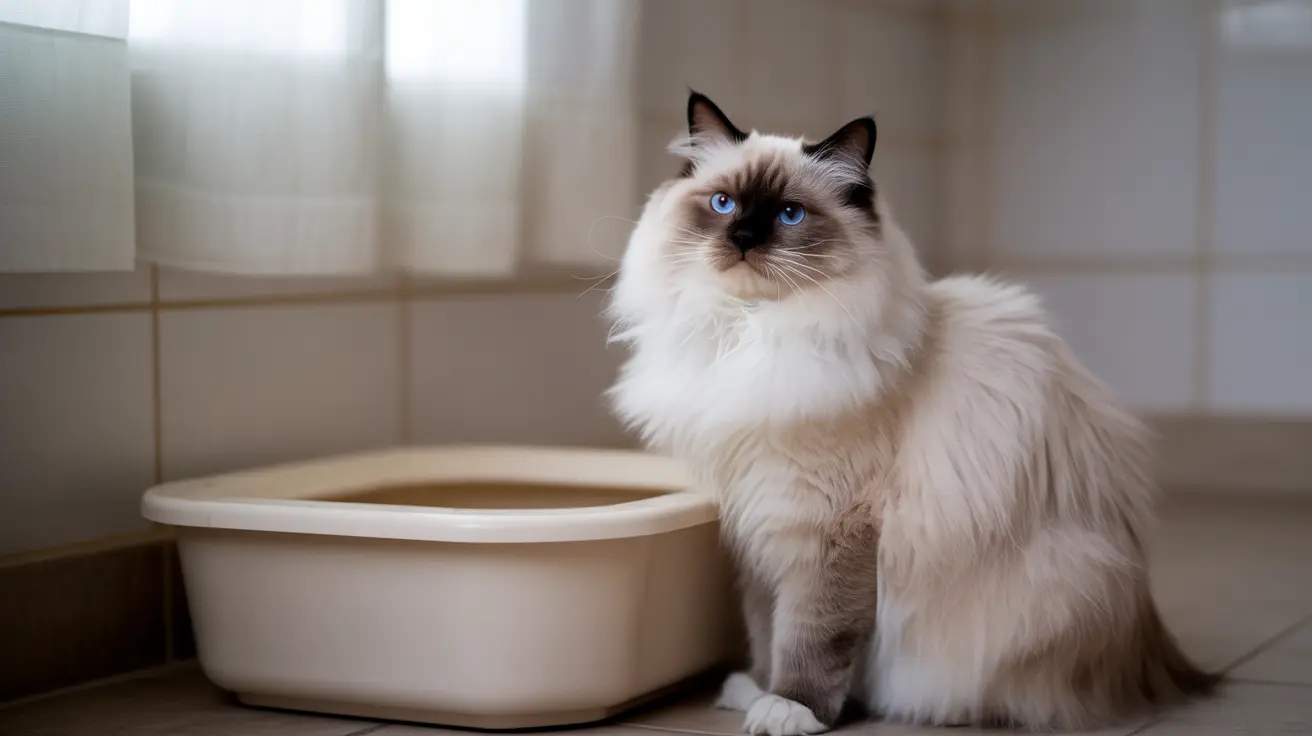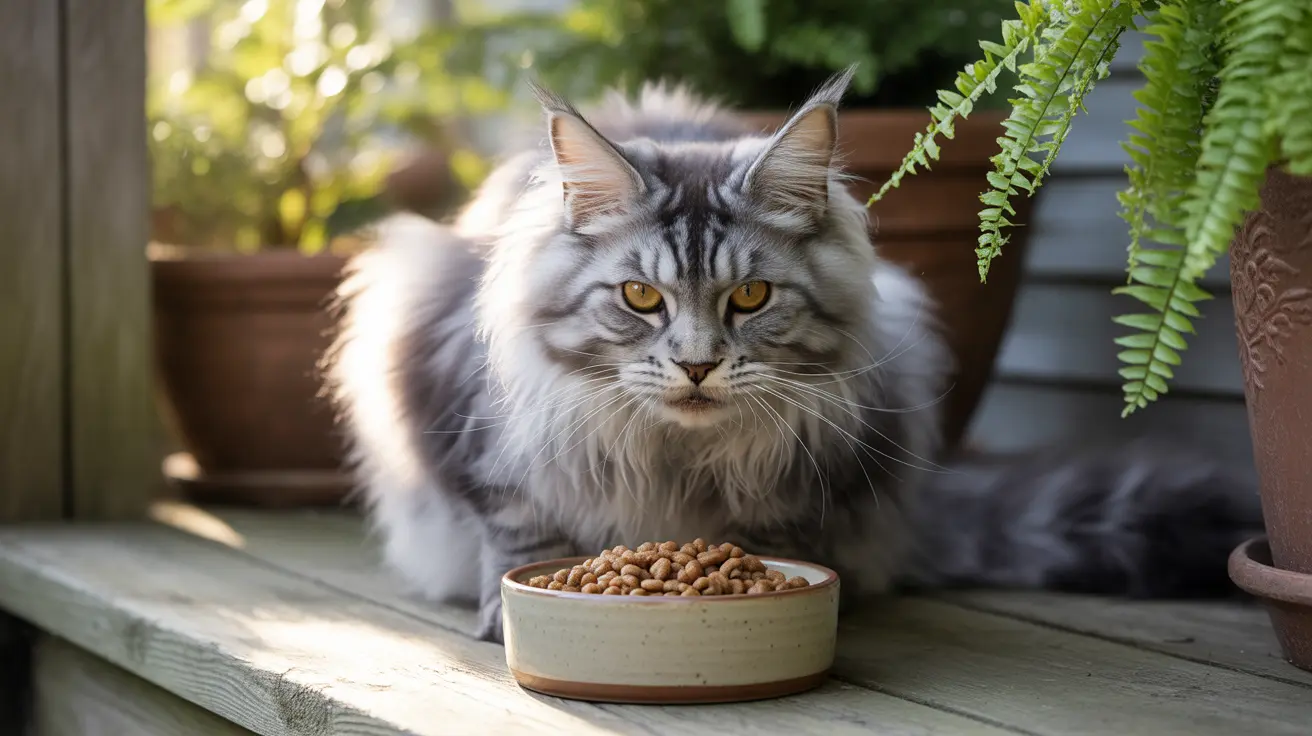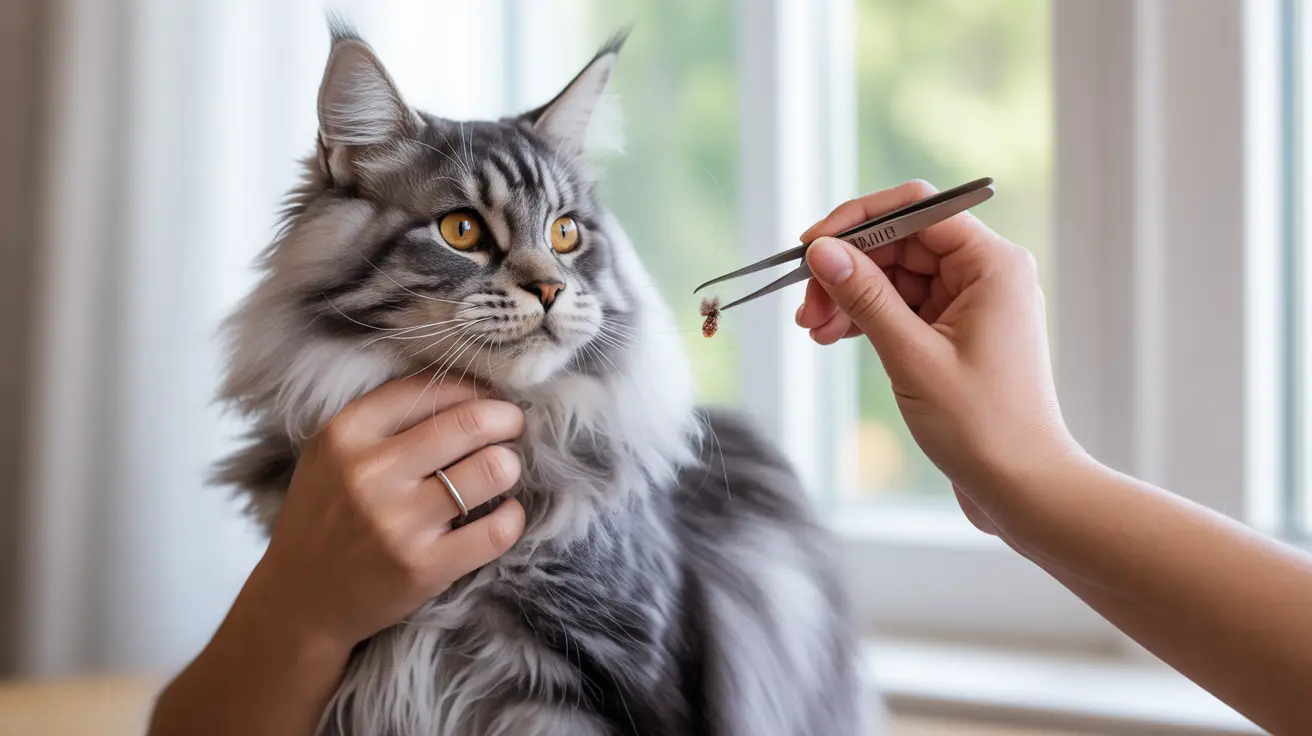Choosing the Best Cat Food for Joint Health
Cats, especially as they age, can develop arthritis—a degenerative joint condition that causes pain and limits mobility. If you're seeing your cat hesitate to jump, move stiffly after rest, or show less interest in play, joint discomfort might be the culprit. The right diet plays a powerful role in helping manage this condition and supporting your feline friend’s comfort.
Why Joint Health Matters in Cats
Arthritis is strikingly common among older cats; studies suggest up to 90% of cats over twelve have signs of it on X-rays. Yet, many cases go undiagnosed because cats instinctively hide pain. You might notice subtle signs: less grooming, limping, irritability, or even accidents outside the litter box.
Nutritional Goals for Cats with Joint Issues
- Maintain a healthy weight: Extra pounds put more stress on joints and increase inflammation.
- High-protein content: At least 35% protein (dry matter basis) helps maintain muscle mass to support joints.
- Joint-supporting nutrients: Look for foods rich in omega-3 fatty acids (especially EPA and DHA from fish oils), glucosamine, and chondroitin sulfate. Antioxidants like vitamins C and E also help reduce oxidative stress in joints.
Key Ingredients That Support Joint Health
- Omega-3 fatty acids: Found in fish oil and green-lipped mussel; these are anti-inflammatory and support cartilage health.
- Glucosamine & Chondroitin Sulfate: Help slow cartilage breakdown, promote new cartilage formation, increase joint fluid production, and reduce inflammation.
- High-quality animal proteins: Chicken, salmon, turkey—these help maintain muscle mass.
- Antioxidants: Vitamin C, vitamin E, selenium—these combat oxidative damage within joints.
- Other nutrients: MSM (methylsulfonylmethane) offers anti-inflammatory effects; hyaluronic acid helps with joint lubrication; manganese supports cartilage formation.
Recommended Commercial Cat Foods for Joint Support
- Wellness Complete Health Grain-Free Senior Chicken Recipe: Features added glucosamine and chondroitin plus high protein and omega fatty acids.
- Orijen Guardian Senior or Guardian 8: Packed with animal protein and fish oil for omega-3s; uses diverse animal ingredients for variety.
- Tiki Cat Special: Mobility - Chicken & Tuna: Wet food option with high protein content and omega-3s from fish sources.
- Hill’s Prescription Diet k/d + j/d Chicken: Veterinary diet designed specifically for mobility (and kidney care), featuring specialized nutrients for joint support.
- Go! Solutions Weight Management + Joint Care: Includes glucosamine, chondroitin, and omega-3s—great if your cat needs both weight control and joint help.
You’ll also find options like Acana Senior Entrée (high protein with added omega-3s), Raised Right (human-grade ingredients), or Canidae Goodness for Joints (real salmon plus a blend of joint-supporting nutrients).
The Role of Supplements
If your cat’s food lacks certain ingredients or you want extra support, supplements can help. Common choices include glucosamine, chondroitin sulfate, MSM, hyaluronic acid, and green-lipped mussel extract. These come as gels, chews, capsules—or are sometimes mixed into food directly. Always check with your veterinarian before adding supplements or making big dietary changes—especially if your cat is older or has other health conditions like kidney disease.
The Importance of Weight Management & Exercise
Cats carrying extra weight face higher risks of arthritis because excess fat adds stress to their joints. Gradual weight loss through portion control helps relieve this burden. Exercise keeps joints moving smoothly—gentle play sessions work wonders. Make movement easy by using ramps or steps so your cat doesn’t have to jump far to reach favorite spots. Keep food bowls and litter boxes accessible to minimize strain on sore joints.
Smooth Food Transitions & Environmental Comfort
If you’re switching foods for your cat’s joint health needs, do it slowly over 10–14 days by mixing increasing amounts of the new food into the old one. This prevents digestive upset. Small environmental tweaks—like low-sided litter boxes or cozy beds within easy reach—help arthritic cats feel more independent and comfortable at home.
The Most Important Ingredients for Feline Joints
- Omega-3 fatty acids (EPA & DHA)
- Glucosamine
- Chondroitin sulfate
- MSM
- Manganese
- A range of antioxidants (vitamin C & E)
A Tailored Approach Is Best
No single food suits every cat—preferences vary just as much as needs do. Prioritize high-quality animal proteins plus functional ingredients that target joint health when choosing a diet. Work closely with your veterinarian to tailor nutrition plans based on your individual cat’s age, activity level, body condition score—and any other medical concerns they might have. With thoughtful choices around diet and lifestyle adjustments at home, you can help keep your cat mobile—and comfortable—for years to come.





